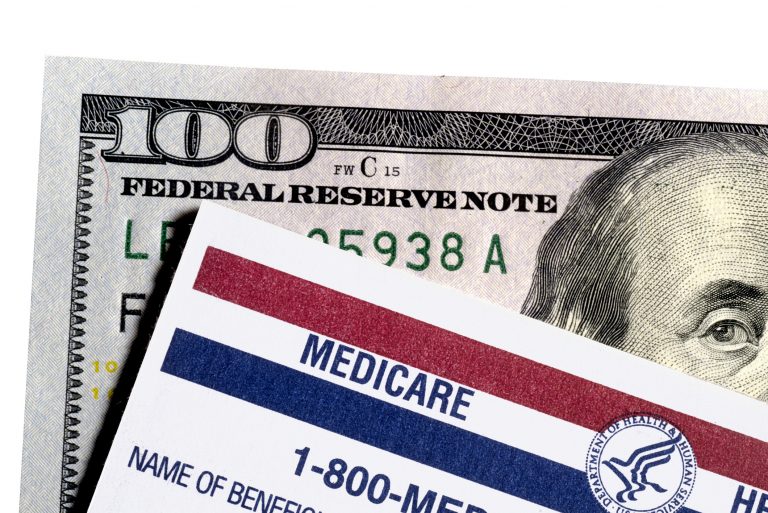
There has been a sharp increase in the number of laboratories charging more than $1 million in genetic testing fees, the number of providers ordering such tests, and the total number of tests paid for by Medicare, according to a new report from the US Department of Health and Human Services (HHS)’s Office of the Inspector General (OIG).
The agency noted that while “there are legitimate reasons for these increases,” they also could be indicators of fraud. The report covers Medicare Part B genetic-testing data for 2016-2019 and was released this month.
The numbers show startling growth over just those few years:
- The number of genetic tests Medicare paid labs for grew from 627,000 to 2.1 million (up 235%), payments for laboratory genetic tests quadrupled from $351 million to $1.41 billion, and the number of labs receiving more than $1 million in Medicare payments per year for genetic tests rose from 26 to 72.
- The number of providers ordering genetic tests grew from 73,000 to 153,000.
- Genetic testing procedure codes covered by Medicare increased from 119 to 310 (up 161%) and the average amount paid per beneficiary who received at least one genetic test grew from $889 to $1,559 (up 75%).
- As of August 2017, there were approximately 75,000 genetic tests on the U.S. market, and about 10 new tests entered the market daily.
The Medicare program provides health insurance to people aged 65 and over, people with disabilities, and people with end-stage renal disease. Medicare Part B provides supplementary medical insurance for medical and other health services, including clinical laboratory tests performed in a laboratory or a physician’s office. It is administered by the Centers for Medicare & Medicaid Services (CMS).
Medicare Part B does not cover genetic tests used for predictive purposes. It only covers genetic testing used for diagnostic purposes. To be covered under Medicare Part B, a genetic test must be ordered by a physician (or a qualified nonphysician practitioner) who is treating a beneficiary for a specific medical problem and who uses the results in the management of that problem.
Medicare pays laboratories for genetic tests based on amounts listed on the Clinical Laboratory Fee Schedule (CLFS). CMS has issued two National Coverage Determinations (NCDs) related to genetic testing: one for next generation sequencing and one for pharmacogenomic testing for warfarin response. There are also some local rules for coverage.
While the data in this recent HHS OIG report is good news to the industry, it is also partly sobering for CMS.
“The information in this data brief may help CMS and other stakeholders to identify changes in the Medicare program, such as increased oversight, that could prevent fraud, waste, and abuse and protect Medicare beneficiaries,” the brief stated.
The report states that CMS has several methods to prevent improper payments, including analyzing claims data to identify high-risk providers, performing medical reviews of claims to determine the medical necessity of services, and conducting interviews of beneficiaries about services they received.











